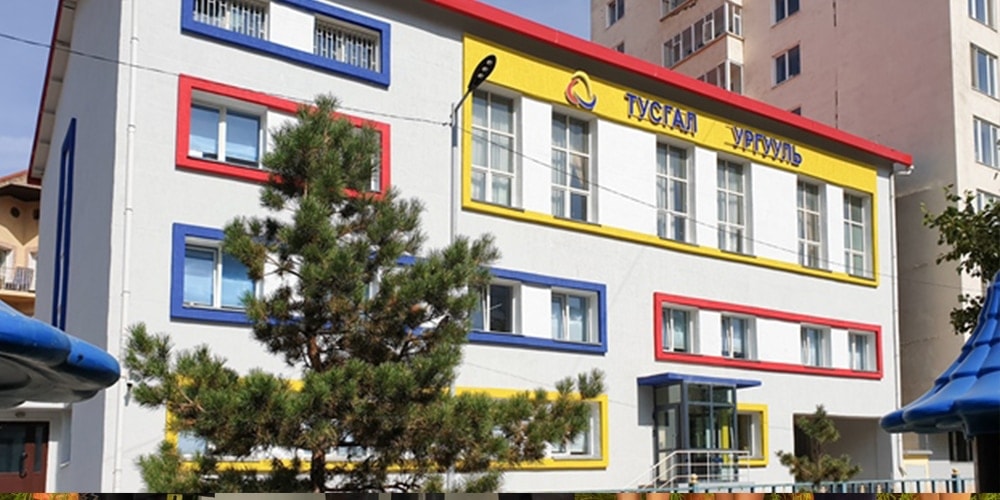
The 2019-2020 school year was tough for the Tusgal Seventh-day Adventist School in Ulaanbaatar, Mongolia, as the COVID-19 pandemic deeply disrupted everyday operations. On January 27, 2020, the Mongolian government imposed a lockdown, and all educational institutions were required to run their activities in a non-classroom setting. The lockdown lasted until the end of August.
Beginning the second week in February 2020, the school relayed all information to parents regarding the virtual lessons prepared by the government. By March 1, the school staff had successfully managed to transfer to teaching online.
According to school records, in the second and third quarters, Tusgal teachers prepared and taught 647 online classes. Through a plan of loans and purchases, the school is investing significantly to provide every teacher the technical equipment they need to fulfill their roles.
The 2019-2020 school year also saw 72 students receive scholarships and financial assistance worth 39 million tugriks (about US$13,700). In the academic year of 2020-2021, 61 students received scholarships and financial aid worth 30 million tugriks (about US$10,500). Additionally, due to the difficulties caused by the coronavirus outbreak, parents were able to access a significant discount. School fees also remained unchanged in the new school year.
According to school principal Otgontuya Tserenpil, to enhance the educational program the school provides opportunities to help students recognize their hidden talents, develop their skills, and discover their strengths. “The school runs ten different kinds of clubs that have been specially adjusted to students’ needs and interests. These include aerobics, piano, guitar, clarinet, table tennis, English, and others,” she said. “Also, throughout the year, the school organizes four to seven different kinds of extracurricular activities that cover topics such as health, ethics, Mongolian customs, Mongolian language, mathematics, and English. These activities result from the school staff and the students’ initiative.”
Each year, the success of Tusgal school teachers and students has been recognized not only within the local district but also the whole city of Ulaanbaatar, Tserenpil said. “We praise the Lord for what He has done through the teachers and students,” she added.
At the start of past school year, the school was recognized as the top school in Chingeltei District. This school year, the institution was also recognized, as two teachers were awarded the “Senior Educator” award by the Ulaanbaatar Office of Education. One teacher was awarded the “Certificate of Honour” by the Mongolian Teachers’ Association, and three teachers received the title of “Excellence” for their teaching methodology. Among other awards, one teacher was recognized as an “Honourable Teacher” by the Association of Private Primary and Secondary Schools. Another teacher was awarded the “Top Teacher” award by the Association of Private Primary and Secondary Schools.
In 2019, Tserenpil was invited to participate in a Brazilian business forum to introduce the school. This event was an opportunity to share her experience and to network. At the end of the forum, a proposal was made to collaborate with Brazil Adventist University (UNASP) Campus 3. Among other things, it means that students from Tusgal will be able to study at UNASP with a 100-percent scholarship as soon as the pandemic situation improves.
Since its opening in 2009, Tusgal has been doing its best to offer Adventist education. Only 26 percent of its current 170 students have an Adventist family. Due to the COVID-19 pandemic, 50 students left the school to attend public schools, which are free. At the same time, however, 40 new students have enrolled at the school.
“We will continue to focus on expanding our network, building our foreign relations, improving our academic environment, and educating Mongolian children with positive attitudes, keen intelligence, and an international outlook,” Tserenpil said.
The original version of this story was posted on the Northern Asia-Pacific Division news site.